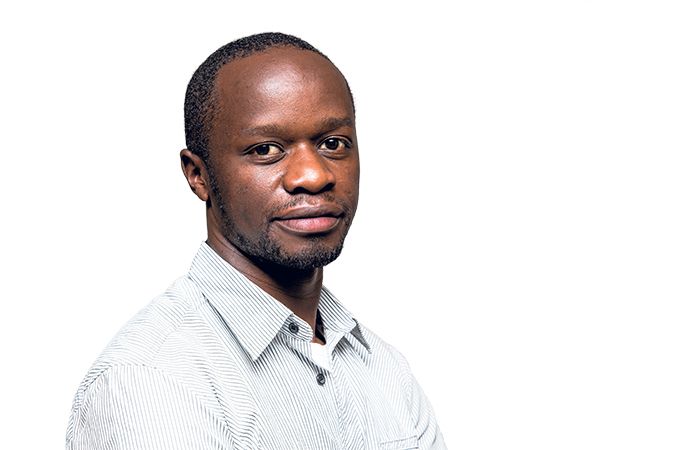When you watch the Oscar-winning ‘12 years a slave’, you can’t help but think of the unbelievable gross oppressions that one human race can inflict on another.
Sadly, human history is not short of such episodes: from chained slaves shipped from Africa, to the millions who suffered under the heavy boots of colonial masters.
Today, countries like Britain, America and Denmark stand as the epitomes of democracy and human rights: the world’s moral police. But behind the closet lies a stinking Pandora’s box. So filthy that governments would do anything to sweep the rot under the carpets.
Fact is, victims never forget! That is what led to a group of Kenyan freedom fighters suing the British government for crimes committed during the colonial period. Fifty years, and two court defeats later, the British government finally budged.
Speaking in the House of Commons, Britain’s foreign secretary William Hague expressed deep regret for Britain’s ill-treatment of the Kenyan veterans during colonial times. The British government agreed to pay compensation and mend the bridge with their Kenyan victims.
Several months later, the Caribbean States are convening to start an agitation for reparations from the former slave masters – including Denmark. Victims never forget!
Denmark may have been among the first countries to abolish the slave trade, but the wounds that slavery inflicted on the Caribbeans still remain.
And since there can be no justice without truth, it is of utmost importance that the perpetrators, including Denmark, take a proactive role in achieving justice for the sons and daughters of the slaves.
The Kenyan case against the British set the precedent. It put into perspective just how important acknowledging a wrong can be, and how relieving it can be for both the victim and the perpetrator.
This should serve as a reference as the Caribbeans strategise on pushing for reparation for the wrongs committed against them and their ancestors. With 21 million people still living under slavery today, an open and committed fight against slavery and slave owners, both present and former, must never stop.
It is not enough that we celebrate the carnival and enjoy samba dances in the false pretence that all is well. A genuine foundation of the relationship between former slavemasters such as Denmark and former slaves such as Barbados can only be built on freedom and justice.
Unless historical wrongs are righted, the Putins of this world will continue spreading their greedy tentacles to the powerless Crimeas of the world. Unless historical injustices can be addressed, the fight for the millions of enslaved workers in Asia, enslaved prostitutes in brothels, child soldiers in Africa and other slaves of the 21st century will continue languishing in their sorry states.
Reparation and restorative justice for slave descendants seeking justice must be considered. For the colonial victims elsewhere and the slave descendants in the Caribbean, a better world is not possible – until in the words of Martin Luther, justice rolls down like water and righteousness like a mighty stream.















